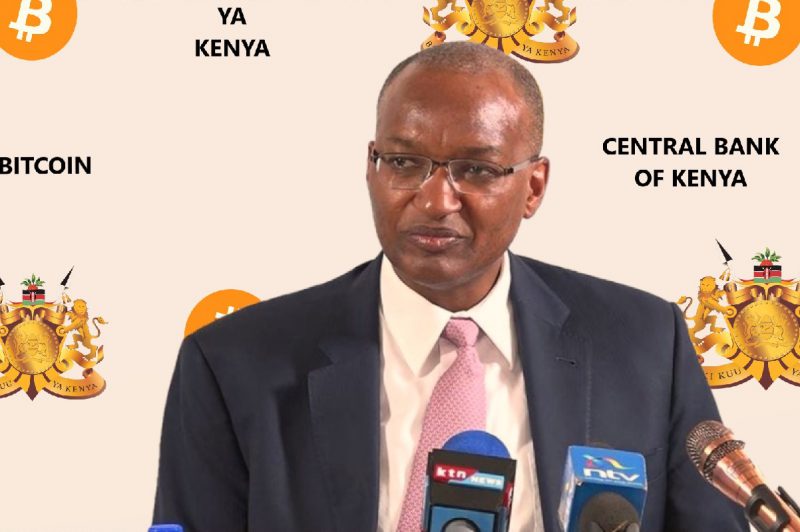Kenya’s central bank governor—Patrick Njoroge—recently stated that “a lot of people” were “pushing” him to put the country’s reserves into Bitcoin. In a meeting with members of parliament on Monday, Njoroge said that the same would be risky because of the digital asset’s volatility. Furthermore, he deemed the conversion idea to be crazy and asked to be put in prison if he ever did so.
Here it is worth recalling that El Salvador declared Bitcoin as legal tender last year, and the country has been adding BTC to its reserves during every major market crash event. However, during such times, the aggregate value of the country’s reserves has plunged to lows, raising concerns. And perhaps to avoid such situations, other countries like Kenya have been steering away from Bitcoin.
Njoroge went on to play the devil’s advocate and questioned if digital assets like Bitcoin were resolving any problem—like being better vehicles for payments/transactions or being more secure than a bank account. After stating that the answer was “no” for all of the said questions, he went on to attach the ‘hyped’ label to the asset class. He said,
We see it as sort of something that maybe is being hyped, but we do need to look at it carefully and figure out whether it will resolve a particular problem or not.
Rising Crypto adoption in Kenya
Crypto adoption has been on the rise in African nations of late, with more users jumping onto the P2P trading bandwagon. As reported in a recent article, the reasons behind the surge in African P2P volume were a direct result of the lack of financial services across the continent, which left Bitcoin as an appealing option for the people.
Per crypto exchange Paxful’s data, Kenya saw P2P volumes of over $200 million in 2021 and registered a volume of $125 million in the first half of 2022. Notably, Kenya was the second-largest market in Africa after Nigeria and fifth in the world. The exchange hoped the trade volume in Kenya would grow by 25% in 2022.
Read More: Nigeria’s Bitcoin P2P volume hits $400M in H1 2022, while Ghana and Kenya follow





